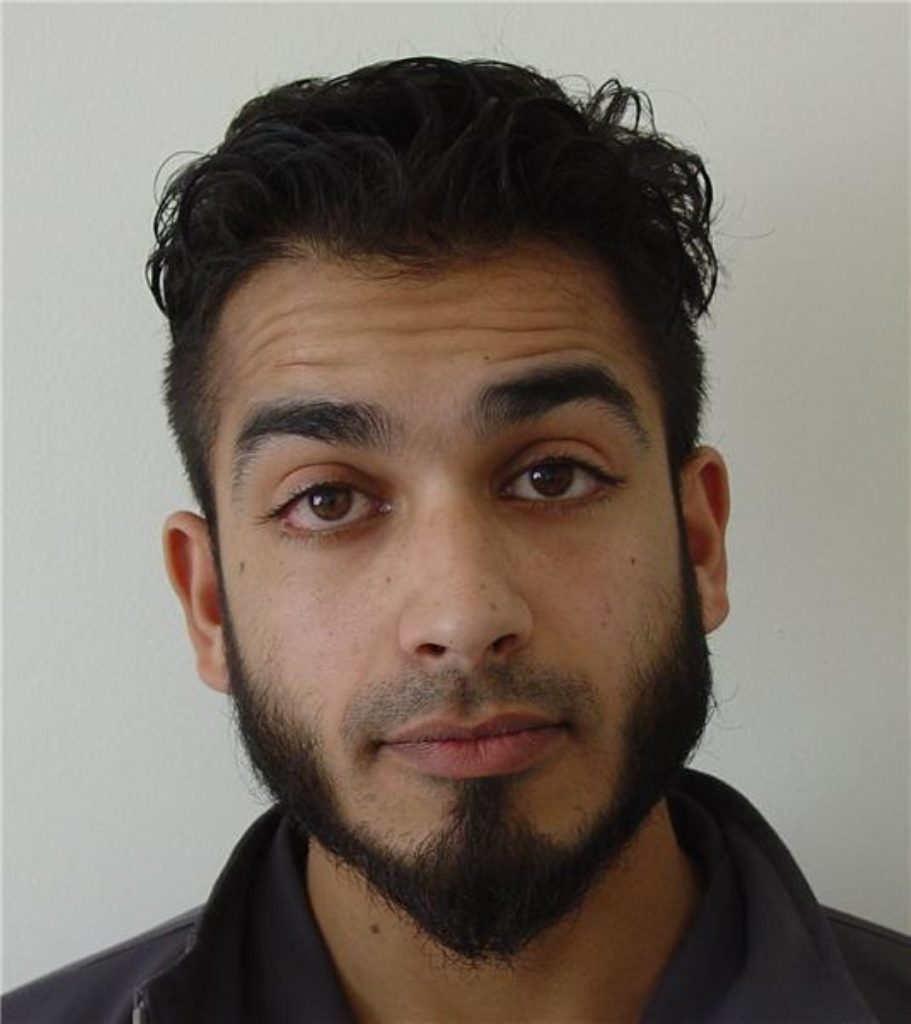Law Lords debate legality of control orders
Law Lords will today begin reviewing the legality of the government’s controversial control orders system.
A six-day hearing will consider whether the restrictions placed on some subjects violate their right to liberty and the right to a fair trial.
It will also consider the home secretary Jacqui Smith’s appeal against a Court of Appeal ruling. Judges found control orders placed on six Iraqis breached Article 5 of the Human Rights Act by imposing indefinite detention without trial.
Control orders, which are used against terror suspects when there is insufficient evidence to bring criminal charges against them, can impose restrictions bordering on house arrest.


Lower court judges have also warned the scheme may not be legal.
While outraging civil liberties groups, control orders have also proved ineffective in curbing terrorism. At least seven of the 17 terror suspects handed control orders have absconded.
Human rights group Liberty has long claimed the scheme is “unfair” and “unsafe” and is calling on the House of Lords to condemn the system.
James Welch, Liberty’s legal director who led the group’s intervention in the case, said: “Punishing people and their families without trial makes a mockery of British justice.
“Labelling people as terrorists and leaving them in the community makes a mockery of security. Only charges, evidence and proof will protect our lives and our way of life in the long-term.”
If the Law Lords rule the restrictions imposed by control orders violate the Human Rights Act, the government will be forced to modify or replace the scheme.
This week police minister Tony McNulty admitted control orders could be inappropriate and said the government might consider other legal ways it could rigorously monitor terror suspects.
Liberty argues new measures should be introduced to make it easier for police and prosecutors to collect sufficient evidence to bring criminal prosecutions against terror suspects.
It proposes the use of intercept evidence, introduction of post-charge questioning and more resources for security and intelligence services.
Yesterday, the prime minister confirmed a Privy Council review will consider the use of intercept evidence.
Addressing the Commons, he also announced an urgent view of the way the NHS hires migrant staff, after it emerged eight of the terror suspects in Glasgow and London worked for the health service.
The new counter terrorism minister admiral sir Alan West will lead the review, which will also seek to tighten the background checks on all foreigners coming into the UK under the highly skilled migrant workers programme.
Gordon Brown said the government will further expand the watch list of potential terror groups and deport terror suspects where possible.
Mr Brown said the government will “ensure that the security of the British people will be protected”.












